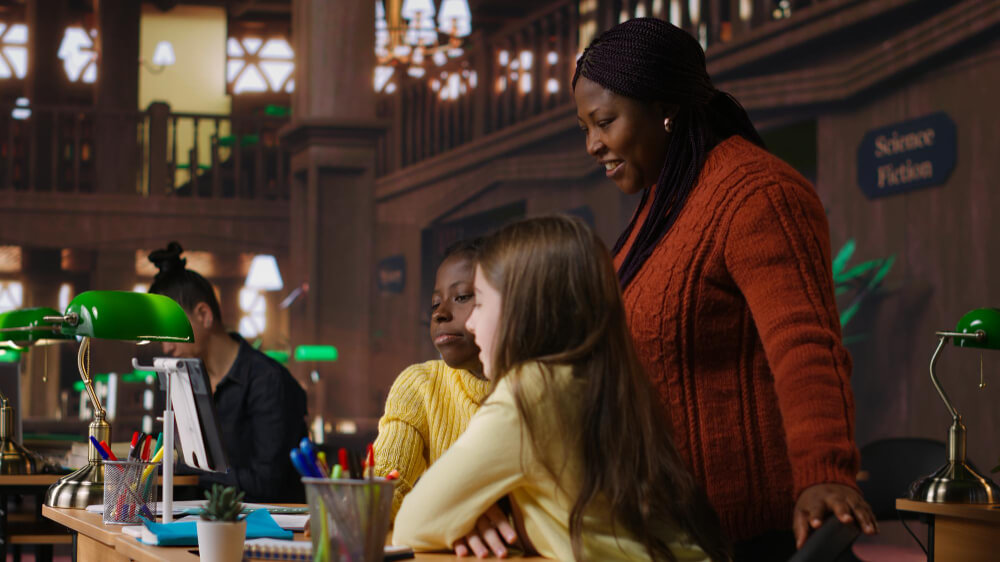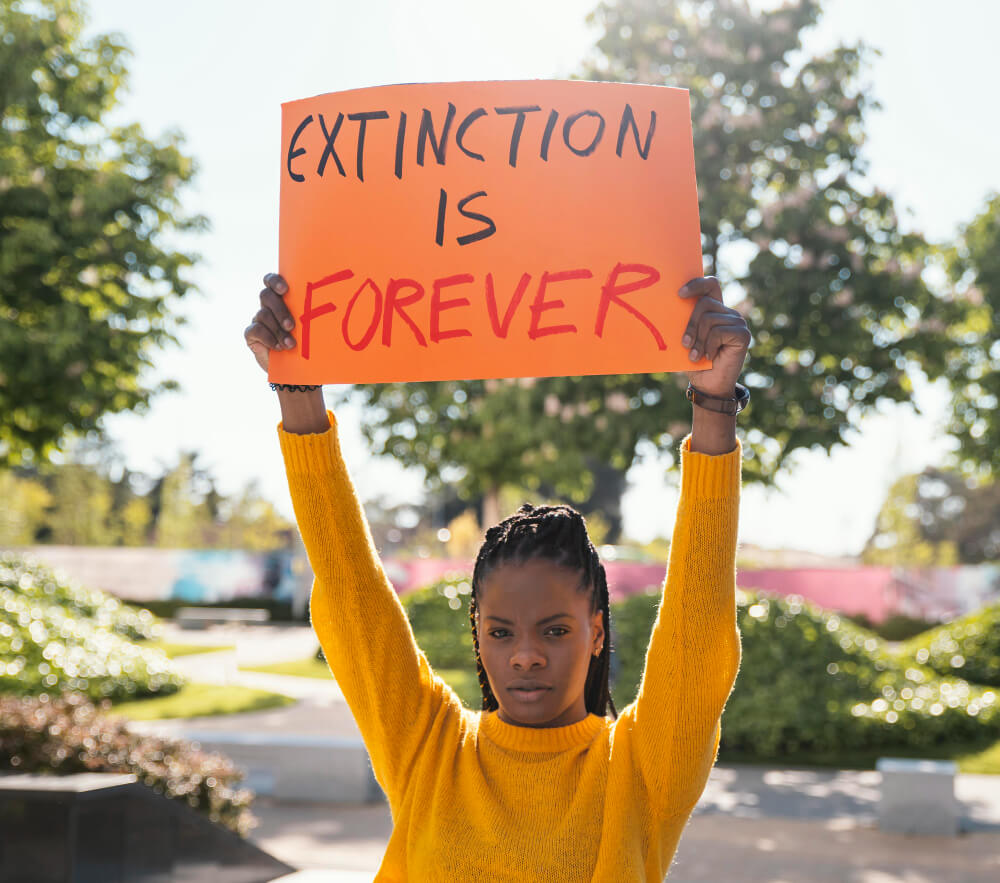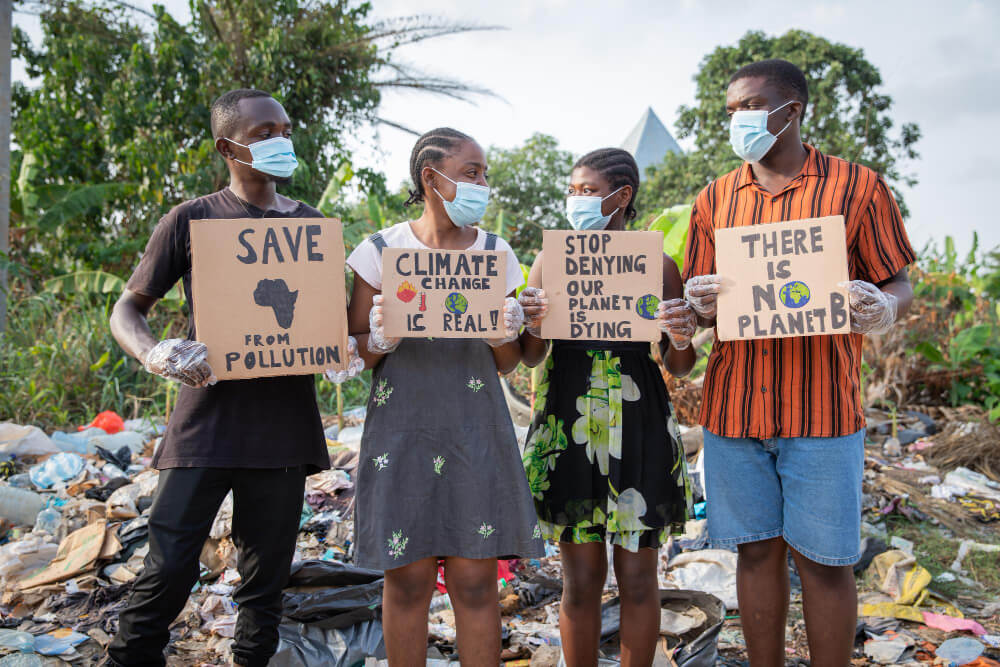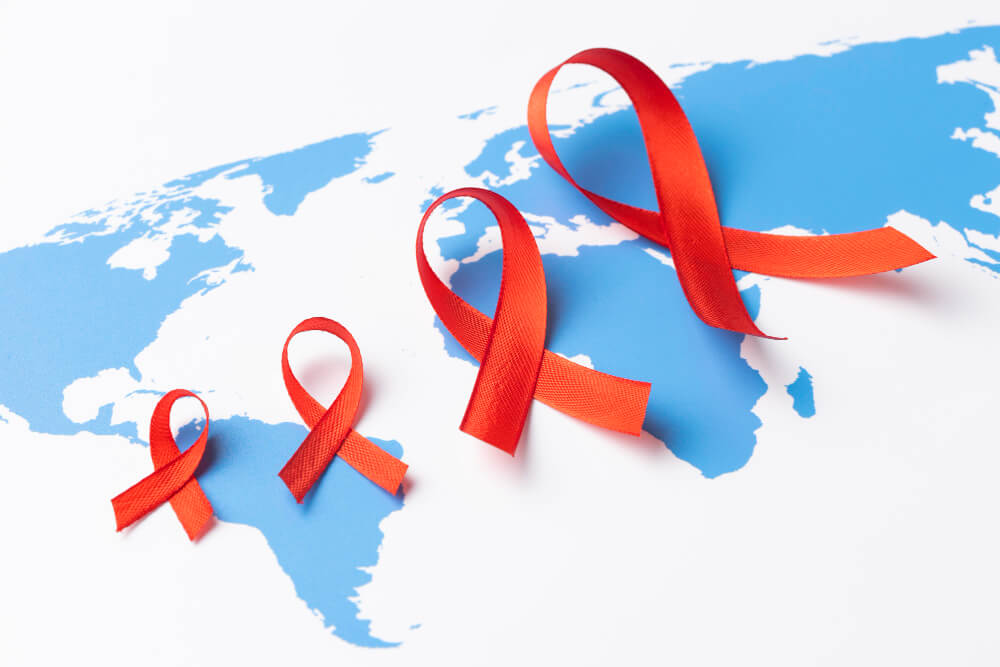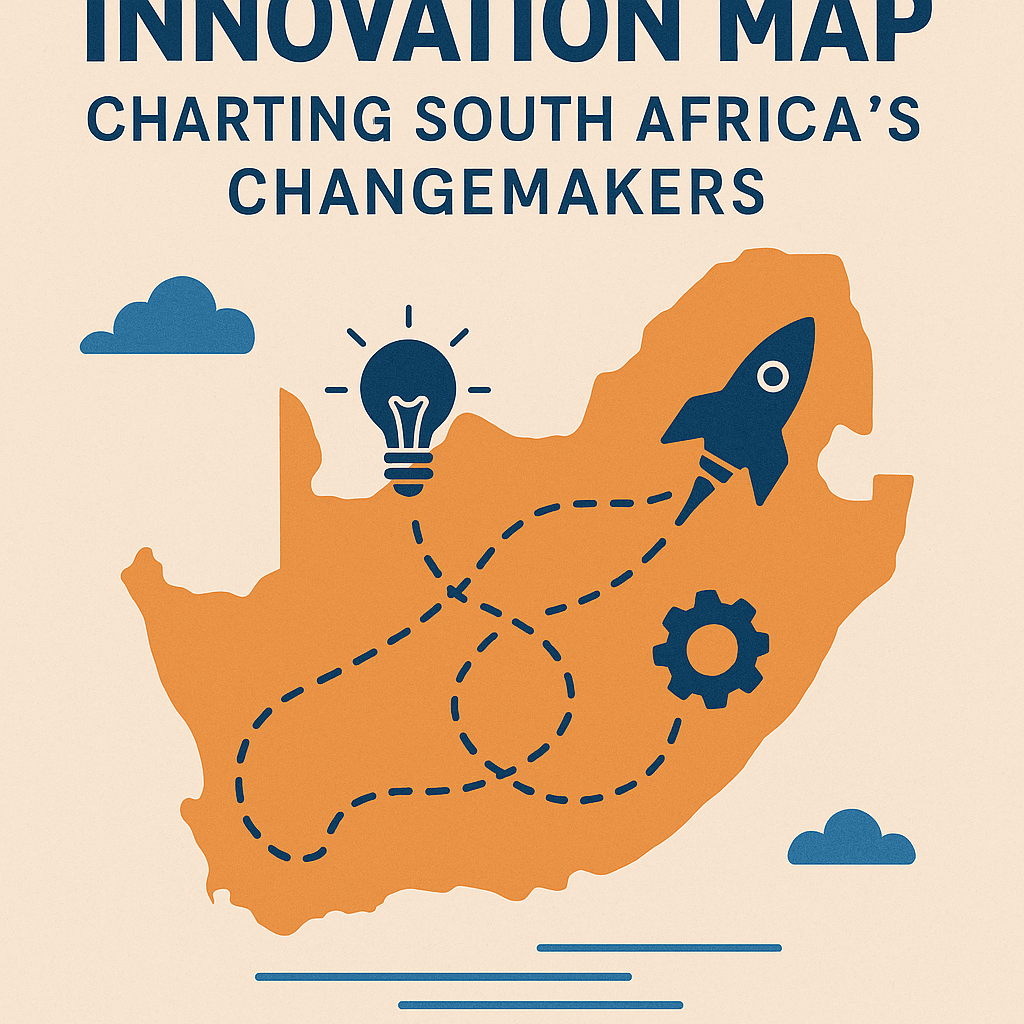A rainbow doesn’t stop at two colors—and neither does South Africa.
In the land of eleven official languages and infinite cultural nuances, binary thinking—man/woman, rich/poor, traditional/modern—just doesn’t cut it anymore. If the 1994 elections cracked the shell of exclusion, this generation is cracking the code. Equality here isn’t about fitting in. It’s about making room for everyone to stand out.
From Checkboxes to Choices
You can’t tick people into boxes anymore. “Male or Female?” is a question the youth laugh at. In Soweto, a school offers uniforms based on comfort, not gender. In the Northern Cape, an intersex teen got a curriculum changed because it assumed things they weren’t. And in Jozi, drag queens are reading storybooks at libraries—and yes, the kids love it.
Traditions Reimagined
Contrary to panic tweets, inclusion doesn’t erase culture—it evolves it. A rural wedding recently made headlines: two brides, both Zulu, both radiant in beadwork and respect. Elders danced. Aunties ululated. What changed? Just the understanding that love is sacred, no matter the pronouns.
Digital Doesn’t Mean Equal
South Africa’s youth is wildly online—but not equally. While teens in Cape Town learn Python via YouTube, girls in Limpopo still share one device between four siblings. We can’t post our way to progress. Real inclusion means closing the digital gap and building networks that don’t rely on load-shedding-free zones.
Inclusion is a Practice, Not a Policy
Forget buzzwords. Inclusion isn’t a mission statement—it’s a daily act. It’s when a boss learns to pronounce someone’s name right. When a teacher adapts their lesson for a neurodivergent student. When government forms don’t assume your identity. These aren’t radical ideas—they’re basic respect.
Tomorrow Looks Like This…
A student in Mitchells Plain codes her first app. A deaf boy in Gqeberha narrates a TikTok in sign language. A rural mom launches a home bakery after taking a free online course—in her mother tongue. That’s not just inclusion. That’s power, shared.
